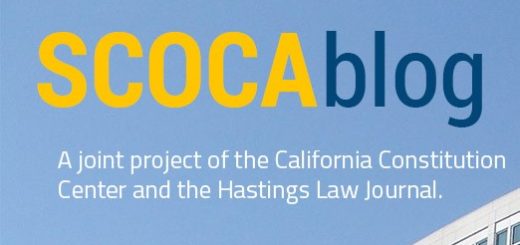The path to recall in Los Angeles is easier than you think
Overview The Los Angeles fires have led to recall threats against state and local elected officials, most prominent among them Governor Gavin Newsom and Los Angeles Mayor Karen Bass. California’s voters have a good understanding of what a gubernatorial recall looks like, but there has been confusion about what a recall against Bass would entail. Thanks to the state legislature’s controversial 2022 revision to the recall law for localities, there is a mistaken belief that an L.A. recall would be a lengthy and expensive process, which would end without the voters choosing the mayoral replacement.[1] That indeed was true in the...




